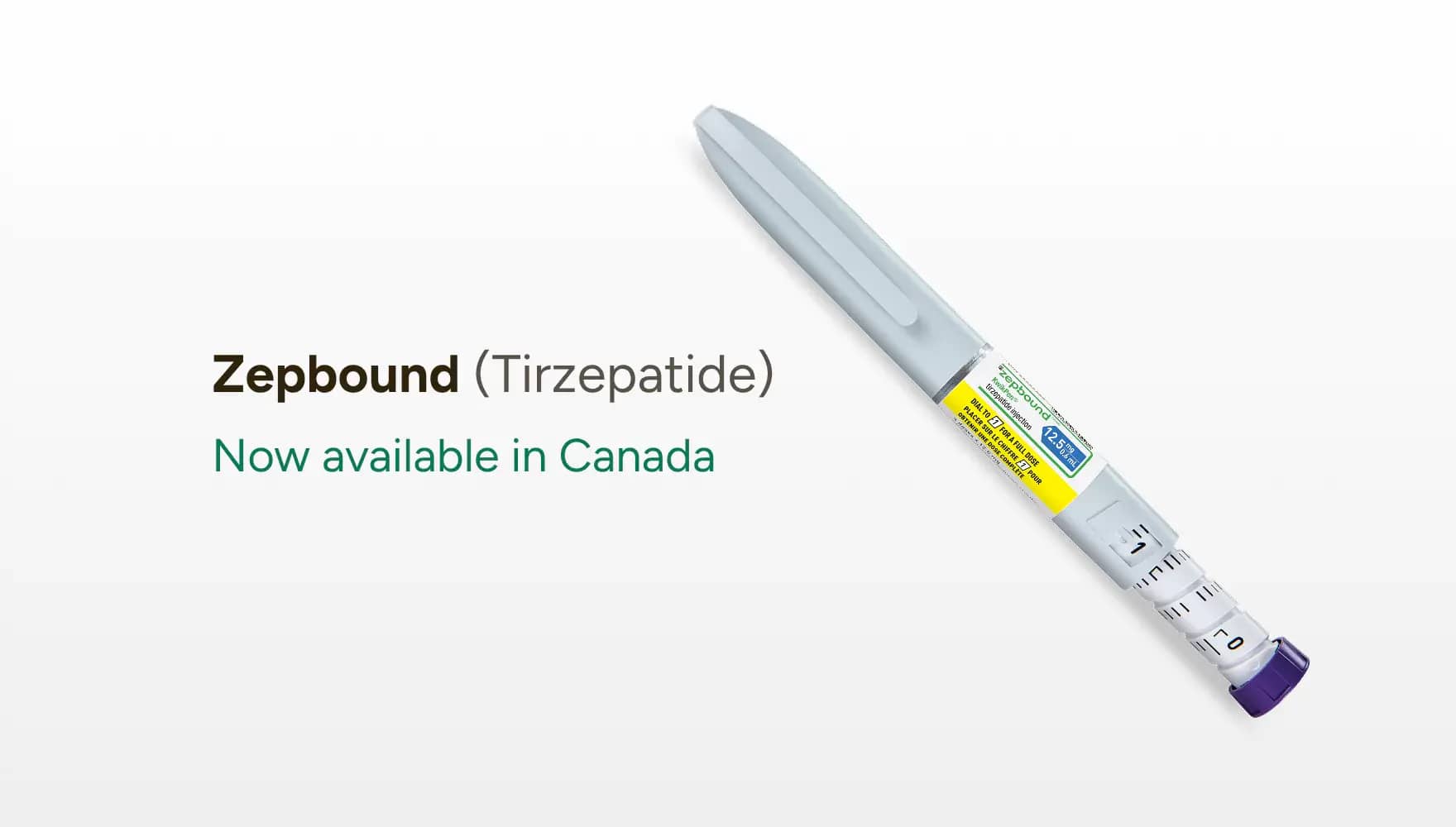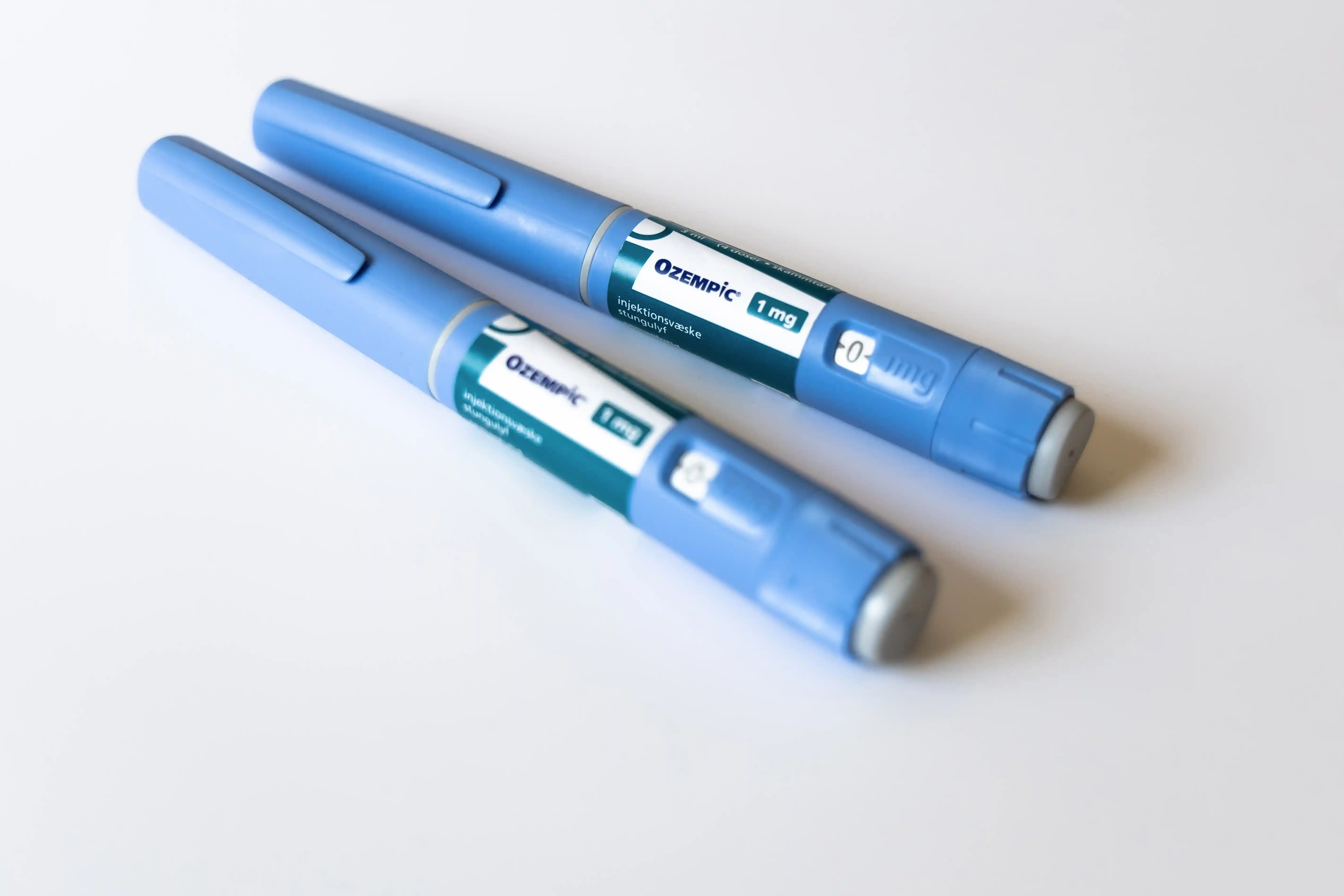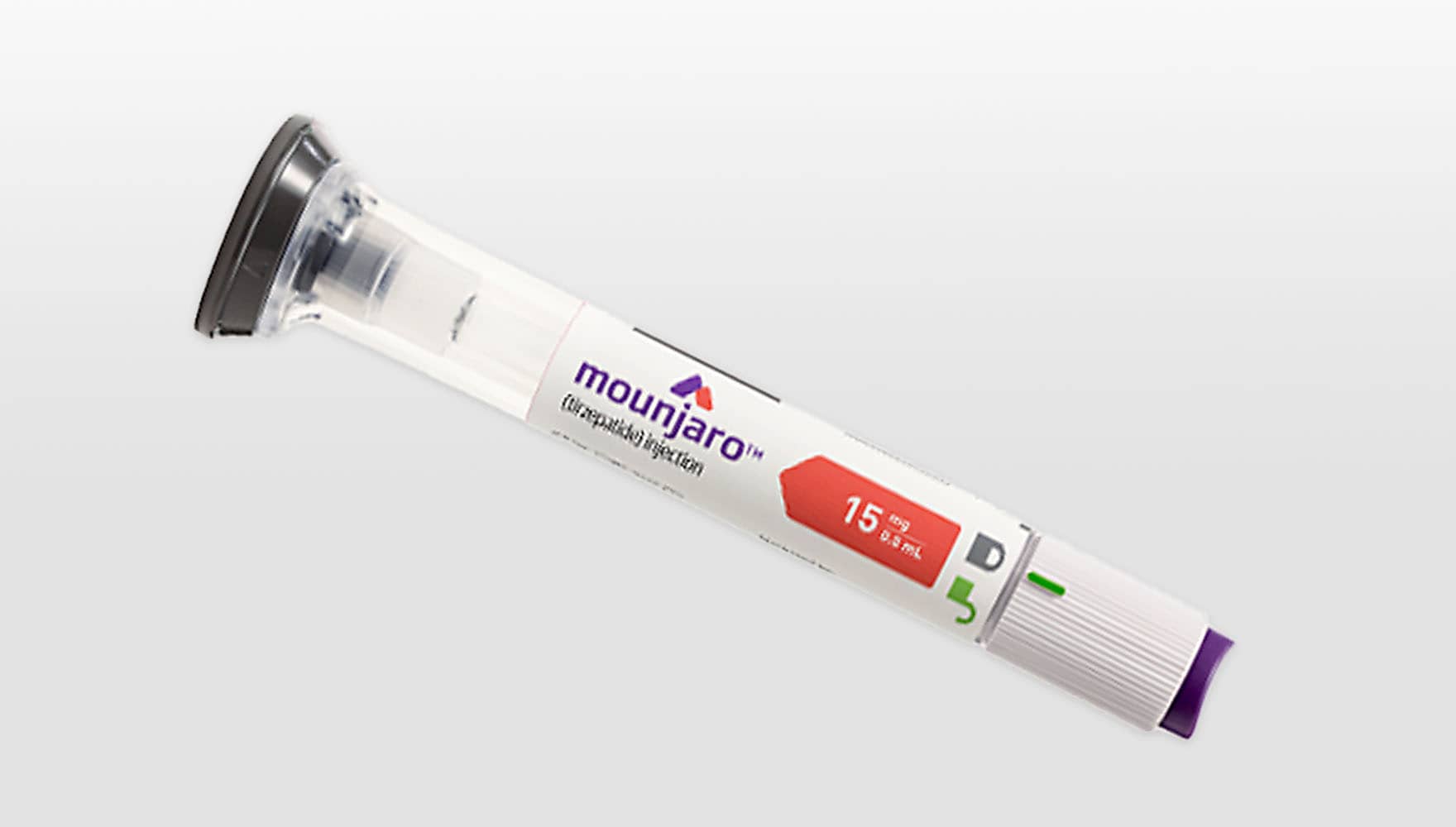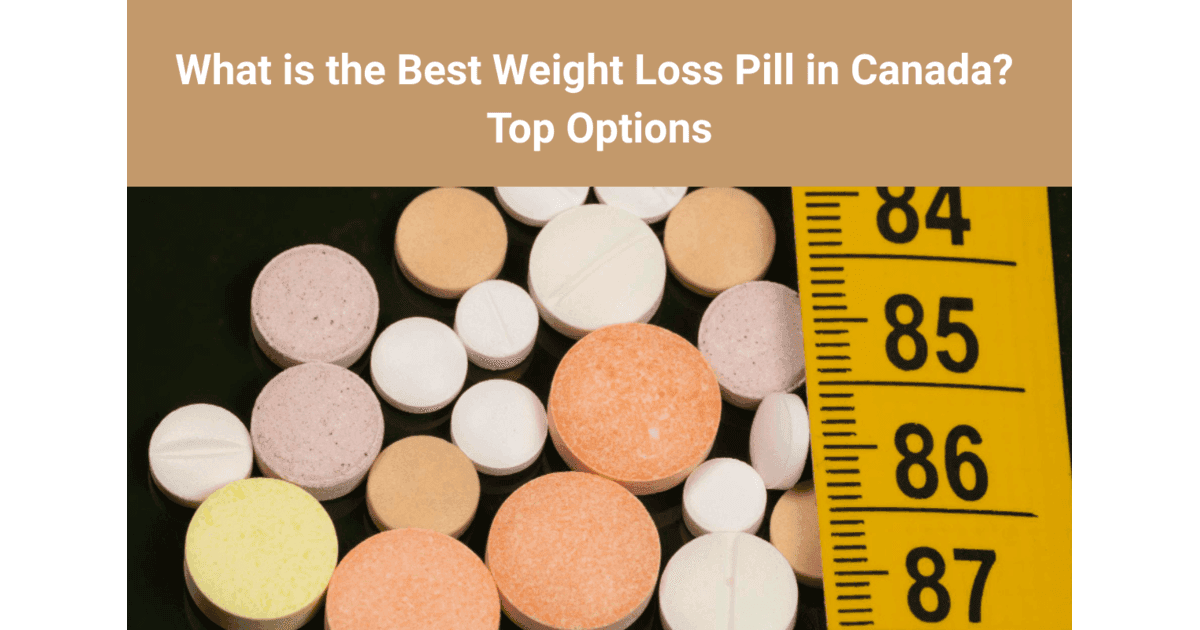In recent years, Ozempic has gained attention as a treatment for type 2 diabetes, but it's also been popularized for its role in helping people lose weight. While the medication is highly effective for weight loss and blood sugar control, some users have reported an unexpected side effect: brain fog. This guide will explain what brain fog on Ozempic is, why it might happen, and offer tips to help manage it.
Understanding Brain Fog on Ozempic
What is Brain Fog?
Brain fog is a common term for cognitive difficulties that include forgetfulness, confusion, lack of focus, and mental sluggishness. People experiencing brain fog may find it challenging to concentrate, solve problems, or remember information. Although not a medical diagnosis, brain fog can impact daily life and mental health significantly.
Ozempic and Its Link to Brain Fog
Ozempic (semaglutide) is a GLP-1 receptor agonist, a medication that mimics a hormone involved in blood sugar regulation. It helps people with type 2 diabetes manage their blood sugar levels and is also associated with weight loss. However, a side effect that's gaining attention is "Ozempic brain fog," where users report feeling mentally “cloudy” or struggling to focus. This can be surprising for people expecting Ozempic to primarily support weight loss and blood sugar control.
The exact cause of Ozempic brain fog isn't well-understood, but some theories suggest it could relate to changes in blood sugar, rapid weight loss, or the body adjusting to the medication. For those who rely on Ozempic to lose weight and manage diabetes, understanding the cause and potential management strategies for brain fog is crucial.
Why Does Ozempic Brain Fog Happen?
Blood Sugar Fluctuations
Ozempic works by enhancing insulin release and reducing glucose production, which leads to lower blood sugar levels. For some people, however, these blood sugar changes might cause cognitive symptoms. Even slight blood sugar dips can lead to feelings of confusion or lightheadedness, which can contribute to brain fog.
Nutritional Deficiencies from Rapid Weight Loss
For those who take Ozempic to lose weight, rapid weight loss may lead to brain fog as well. When the body sheds pounds quickly, it can sometimes result in inadequate nutrient intake. A sudden reduction in caloric intake, especially if it’s not well-balanced, can deprive the brain of essential nutrients like vitamins B12 and D, which are critical for cognitive function. This lack of nutrients can worsen Ozempic brain fog, causing symptoms such as memory lapses and poor concentration.
Adjustment Period on Ozempic
When starting any new medication, the body goes through an adjustment period. Ozempic brain fog may simply be the brain’s response to this new medication, especially as it modifies the body's natural blood sugar regulation. Typically, these adjustment symptoms lessen after a few weeks, but for some, the brain fog can persist.
Impact on Mental Health
Dealing with side effects like brain fog can also impact mental health. For people struggling to lose weight or manage diabetes, brain fog can add to the stress of the process. The frustration of not feeling mentally sharp can increase anxiety and feelings of depression, which may further exacerbate cognitive symptoms.
Recognizing the Symptoms of Ozempic Brain Fog
People may experience Ozempic brain fog in various ways, and it can range from mild to severe. Common symptoms include:
- Difficulty concentrating: Tasks that usually require focus feel harder.
- Memory lapses: Forgetting small details or having trouble recalling recent events.
- Mental sluggishness: Taking longer than usual to process information.
- Confusion or disorientation: Feeling “out of it” or “hazy.”
Understanding these symptoms can help Ozempic users identify brain fog early and take steps to manage it.
Managing Ozempic Brain Fog: Practical Tips
If you’re experiencing Ozempic brain fog, know that there are several strategies to help minimize its impact and maintain both cognitive function and mental health. Here are some tips:
1. Monitor Blood Sugar Levels
Given the role of blood sugar in brain function, keeping blood sugar levels within a stable range can help reduce brain fog on Ozempic. Regular monitoring can help catch dips early and allow you to adjust with a small snack if needed. Foods with a combination of protein and complex carbohydrates, like nuts and whole grains, can help keep blood sugar stable, which may alleviate some brain fog symptoms.
2. Stay Hydrated
Dehydration can worsen cognitive symptoms like brain fog, so drinking enough water is essential, especially when aiming for rapid weight loss. Ozempic may sometimes cause mild gastrointestinal symptoms that lead to dehydration, exacerbating brain fog. Aim to drink plenty of water throughout the day to support both physical and cognitive health.
3. Eat Balanced, Nutrient-Dense Meals
Nutrient deficiencies can contribute to brain fog, so ensuring a balanced diet rich in vitamins and minerals is essential. Focus on foods high in B vitamins, vitamin D, omega-3 fatty acids, and magnesium, as these are critical for brain health. Fresh fruits, vegetables, lean proteins, and whole grains can provide the brain with the fuel it needs to function optimally, helping to reduce Ozempic brain fog.
4. Consider Supplementing Key Nutrients Drag
If you’re experiencing Ozempic brain fog and have trouble getting enough nutrients through food alone, consider discussing supplements with your healthcare provider. Supplements like B-complex vitamins, vitamin D, and omega-3 fatty acids have been linked to improved cognitive function and may help offset brain fog caused by rapid weight loss or blood sugar changes.
5. Practice Mindfulness and Stress Management
Ozempic brain fog can be frustrating, but stress management techniques can help mitigate the cognitive impact. Stress increases cortisol levels, which can worsen mental fatigue. Techniques like deep breathing, mindfulness meditation, or even a short walk can help calm the mind and alleviate mental strain.
6. Maintain a Regular Sleep Schedule
Lack of sleep is a major contributor to brain fog. When combined with Ozempic, sleep deprivation may worsen cognitive symptoms. Try to stick to a regular sleep schedule and aim for 7–8 hours per night. Quality sleep is essential for brain function, allowing the brain to recover and reset, which can reduce brain fog.
7. Communicate with Your Healthcare Provider
If Ozempic brain fog is significantly affecting your daily life, consult your healthcare provider. They may adjust your dose, recommend dietary changes, or suggest other strategies to improve cognitive function and blood sugar balance. It’s essential to work with a professional to ensure your mental health and cognitive clarity aren’t compromised while you’re on Ozempic.
The Long-Term Outlook for Ozempic Brain Fog
Most people find that Ozempic brain fog decreases as their bodies adjust to the medication. For some, brain fog may persist, particularly if rapid weight loss or blood sugar fluctuations continue. However, the cognitive effects of Ozempic brain fog can often be managed with diet, lifestyle adjustments, and good communication with healthcare providers.
While Ozempic is primarily prescribed for blood sugar control, its benefits for weight loss have attracted widespread attention. For people who struggle to lose weight, the medication can be transformative. But it’s essential to be aware of potential side effects, such as brain fog, and to take proactive steps to manage them.
Should I Seek Additional Help For Brain Fog From Ozempic?
If you notice persistent, severe brain fog that doesn’t improve with lifestyle adjustments, it may be time to consult with a medical professional or seek support from a mental health provider. Persistent cognitive issues could be indicative of other underlying health concerns or may simply require a different approach to your Ozempic regimen. Managing mental health is just as important as managing blood sugar and weight, so don’t hesitate to seek help if needed.
Final Thoughts on Managing Ozempic Brain Fog Drag
Experiencing brain fog on Ozempic can be frustrating, especially when the medication is helping with weight loss and blood sugar control. However, with some dietary changes, blood sugar monitoring, and self-care strategies, you can often reduce the intensity of Ozempic brain fog. Staying hydrated, eating nutrient-rich foods, maintaining regular sleep, and prioritizing mental health are all essential components of managing this side effect.
Ozempic can be an effective tool for those looking to lose weight and control blood sugar, but like any medication, it’s important to be mindful of its side effects. By understanding and managing Ozempic brain fog, you can better enjoy the benefits of this medication while minimizing its impact on your mental clarity and overall well-being.













































